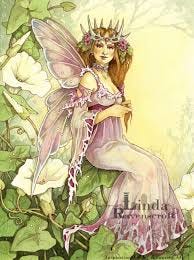Fiction Guide - How to Achieve Success in Writing: How to Write Truly Feminine Heroines and the Differences Between Men & Women in Literature
And the similarities
You can buy
or if you’re from the
3 .99 cents for the Kindle edition and 25$ for the paperback edition.
You can upgrade to the
to whatever suits your budget (it’s only 5$ per month, 30$ for a full year’s subscription and 70$ for a founding subscription which is likewise on sale).
You can review any of our serials or anthology, it really does help.
**********
I…



